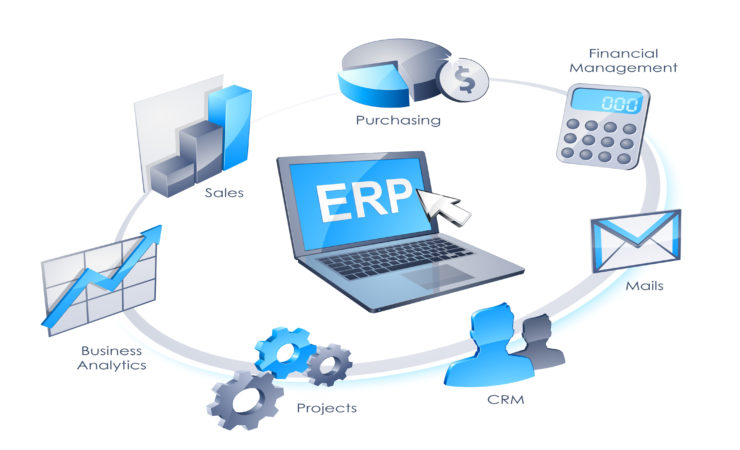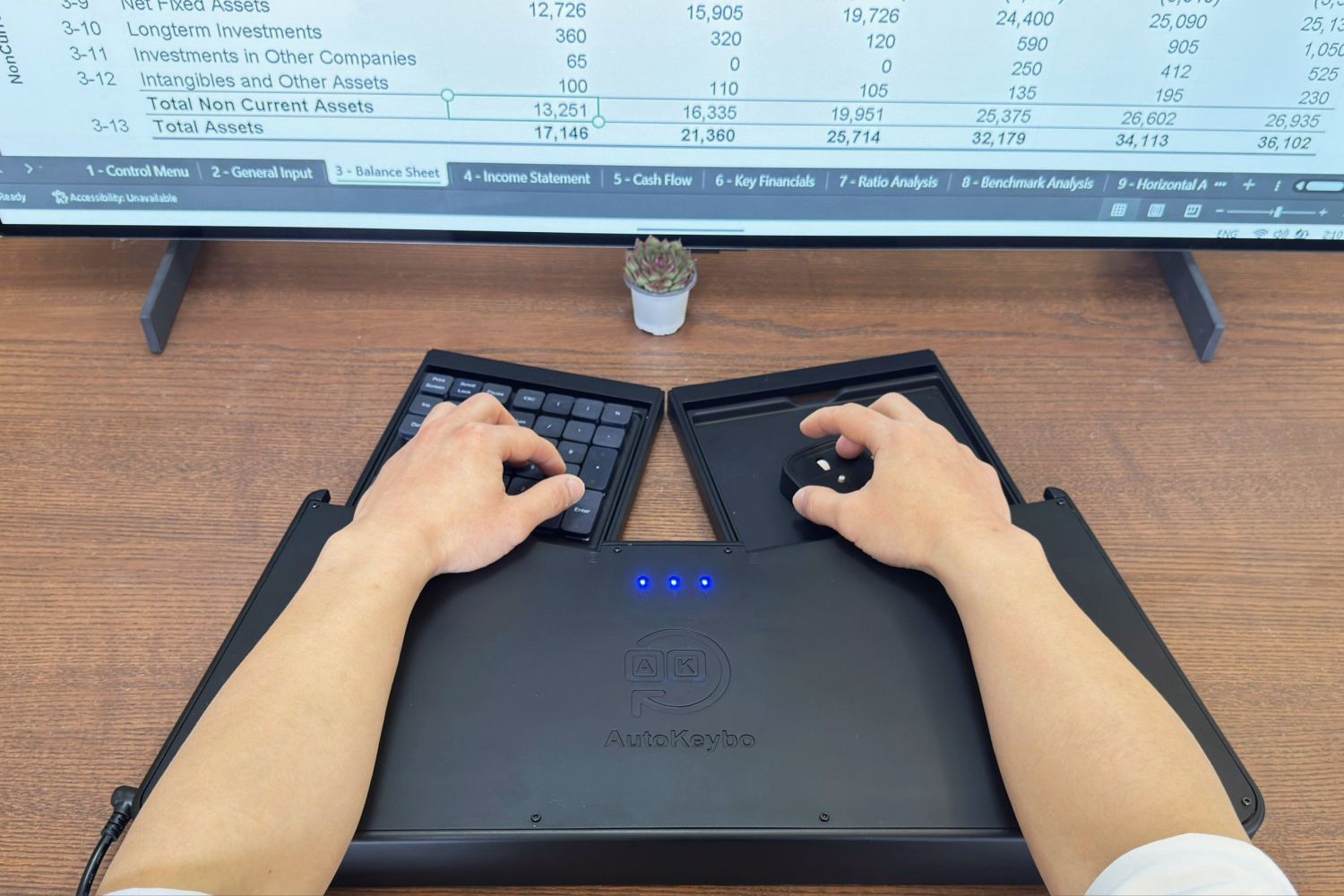
The biggest challenge for manufacturers historically has been gaining perspective and control over the avalanche of details related to the typical manufacturing process. Incremental improvements appeared steadily over the years, but the fundamental complexity of manufacturing meant that the problem could never fully be solved.
The introduction of big data technologies to manufacturing over the last decade or so has created revolutionary new capabilities for any enterprise that wants to boost productivity, efficiency, and consistency. But the benefits of big data are not limited to the manufacturing processes themselves. They also apply to tools that manufacturers commonly rely on, specifically to ERP.
This makes sense when you consider that big data is a way of producing more data, while ERP is a tool to give form and function to data. To understand how this partnership works in practice, consider some of the specific ways that big data in manufacturing enhances ERP:
Faster Input of Information
Big data is able to generate data at the most basic levels of manufacturing. In the past, it may have been possible to generate this same data, but it took a lot of time and the data had to be entered manually into ERP. When those two systems work together, the kind of top-down perspective provided by ERP also includes the most accurate and up-to-date information from every input point that matters. Manufactures can use ERP and big data to get the most honest portrait of their operation at any specific moment.
More Accurate Manufacturing Forecasts
Success in manufacturing relies on accurate forecasts of dozens of factors extended over the short, medium, and long term. ERP does a lot to improve forecasting by bringing all the data necessary for effective decision making under one umbrella. Big data enhances forecasting even further by adding to that pool of data significantly. Managers no longer have to struggle with the issue of “not knowing what you can’t know.” With ERP for manufacturing and big data, it’s possible to forecast with precision rather than guess with uncertainty.
Better Quality Control
Quality control has to be a systematic process if it’s going to be effective. By leveraging the capabilities of big data and ERP in concert with each other, manufacturers have the means to carefully track quality throughout the supply chain and make changes before a quality issue jeopardizes an entire product run. Big data reveals what is or is not working within a manufacturing process. ERP gives managers the ability to dive into that data and extract insights quickly and reliably.
Improved Supply Chain Management
Effective supply chain management is all about having the right information at the right time. The system in place must give decision makers a deep look inside the supply chain while also simplifying the work it takes to spot looming problems. The combination of ERP and big data gives managers a perspective over the supply chain that has never been possible before. Information from every point in the chain is now accessible in real-time. And when that data feeds into the features and functions of ERP, it’s possible to quickly spot shipping delays, equipment failures, quality issues or strategic planning errors that could affect the supply chain as a whole.
Big data and ERP form a powerful complement to one another. But it is important to realize that these are not out-of-the-box solutions. In fact, implementing one or the other individually is a challenge, and integrating them can create a new set of obstacles. It is essential to work with providers of both big data and ERP solutions that understand this complexity and know how to help manufactures overcome it.










